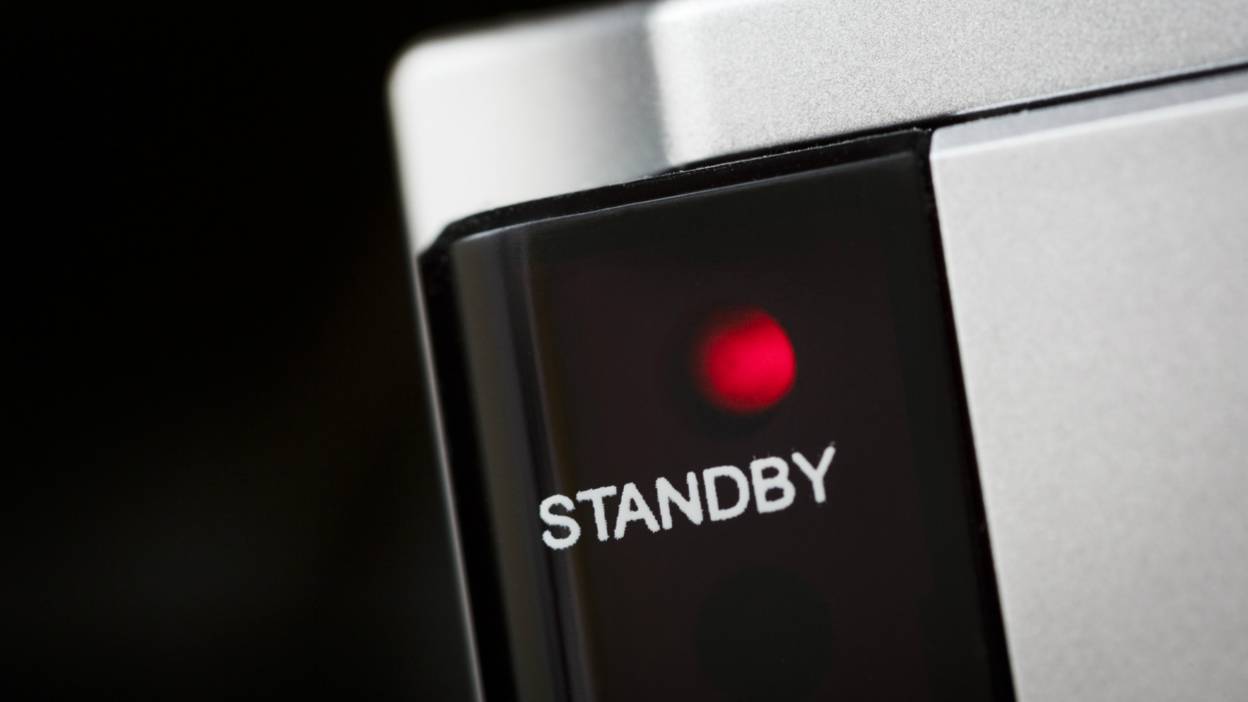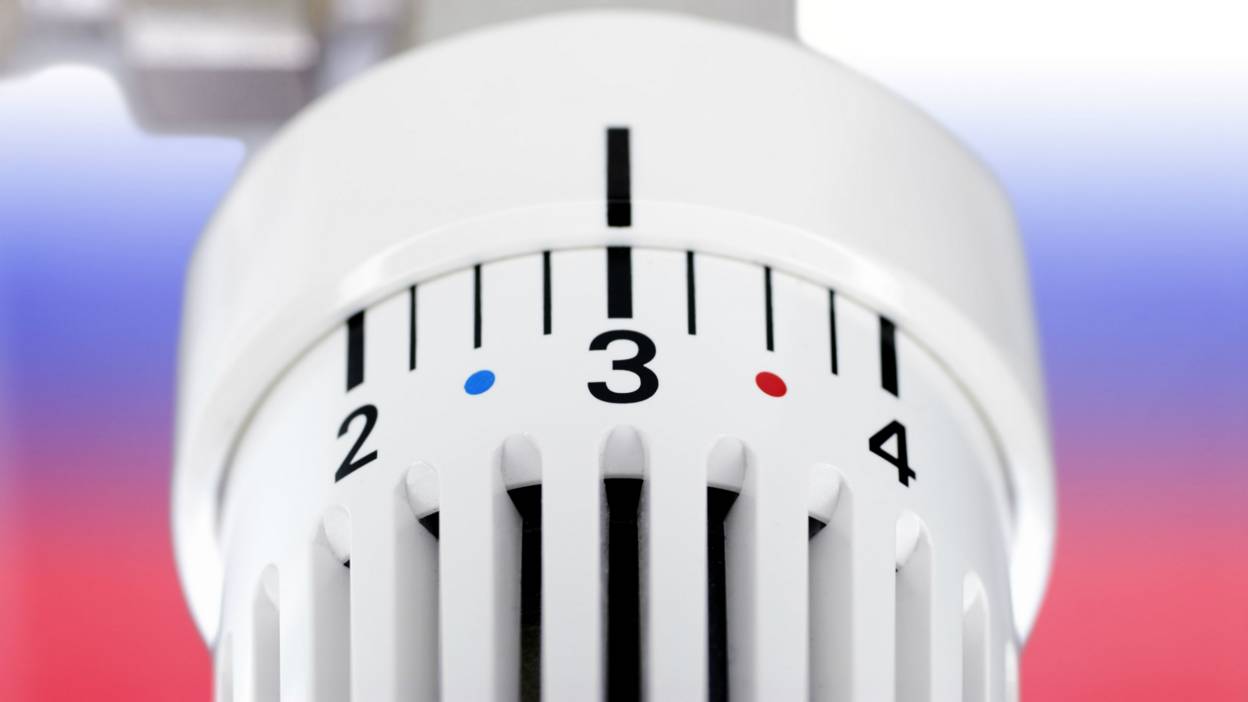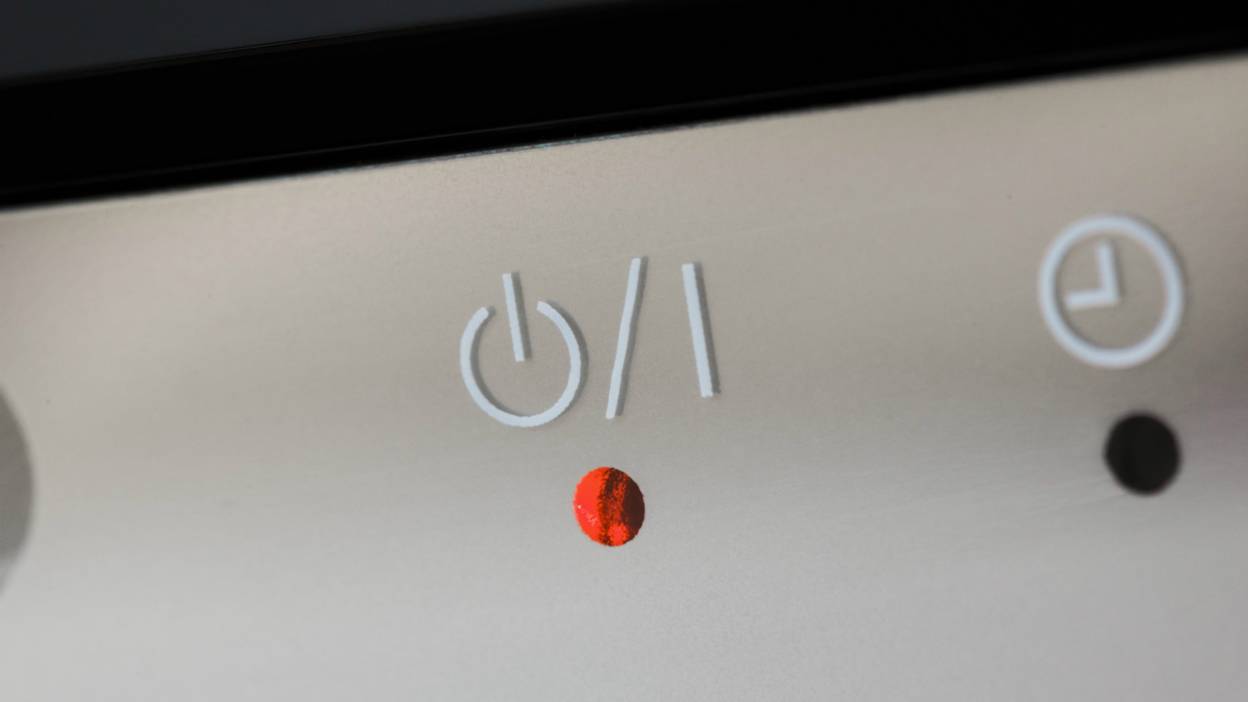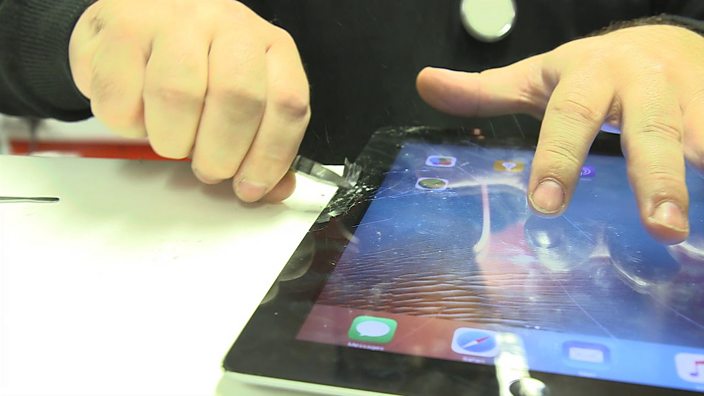 Getty Images
Getty ImagesWatchdog on Three: The energy saving tricks that could save you dosh
Did you know that if you shove a chimney pillow up your flue it’ll stop up to 40% of heat in the room disappearing? That’s a saving of about £20-£25 a year (just make sure you remove it when you light a fire... and on Christmas Eve ☺).
Whether you’re living at home with your parents, a student sharing accommodation, you've got your own gaff or you're living in a three-bed family home, your energy bill is a significant outgoing.
If you can reduce it, you should - and we’re going to show you how.
 Getty Images
Getty Images
Quick fixes
1) Don’t ‘standby’ and let your energy bill rise: Some appliances use energy even when not being used if they’re left on standby. Phone chargers are major culprits here. When you’re not using them, switch them off at the wall and pull out the plug. Too much hassle? See below.
Saving: £50-£80
2) Get a ‘standby saver’. Instead of bending down and turning everything off at the mains, pulling out the plug and then doing it all again when you want to use it – get a standby saver. There are various ones on the market. You can plug in up to 4 electrical devices – great for your TV, games console, router (which are usually all in the same place) etc – and switch them all off, completely, in one go with the press of a button or flick of a switch. Yes, the plug draws a bit of power, but not as much as all your electrical bits and bobs sitting in standby mode for hours upon hours.
3) In the kitchen: Your turn to wash up? Don’t just run the tap continuously - fill up a bowl.
Saving: £30 a year
Fancy a cuppa? Only fill up your kettle with you amount of water you actually need.
Saving: £7 a year
4) Brrrr - draught proofing. Even if you’re in rented accommodation, this is something that’s cheap and you can do it yourself. Check your windows, doors, loft hatches, pipework leading outside, open fires, key holes, and letterboxes. How to do it? Use strip insulation around loft hatches, doors and windows. Buy a metal key cover for the keyholes and get a letterbox flap or brush. Too easy!
Saving: £25-£50 a year
5) Get a thermostat. It stops the room getting warmer than necessary, in turn reduces the amount of energy used and your bill. Then, when you’ve got one, turn the temperature down by one degree.
Saving: £60-80 a year
6) Get a thermostat app! If your thermostat can be connected to a mobile device, this could be really useful. It means you can adjust your thermostat from your phone, tablet or computer. So, if your plans change at the last minute and you’re not going home straight after work or college, you can turn your thermostat down so your heating doesn’t come on.
7) Adjust your thermostatic radiator valves (TRV). If you’re collapsed on the sofa watching TV for the evening in the lounge, you don’t need your bedroom to be nice and toasty too. Just set the TRV on low to keep out the chill so it won’t be freezing when you crawl into bed.
8) Bright lights. Use energy efficient light bulbs. You can now get LED spotlights that are bright enough to replace halogens, as well as regular energy saving bulbs (‘compact fluorescent lamps’ or CFLs) to replace old-fashioned bulbs.
Saving: around £35 a year
9) Lights out! If you don’t need them on, turn them off!
Saving: £13 a year
10) Born in a barn? Go on, how many of you have heard your folks yell that at you?! As usual, they’re right. Closing doors in the house stops warm air escaping and prevents cold air coming in from unoccupied rooms.
11) Layer up! Don’t just crank up the heating. Chuck on a jumper, an extra pair of socks or a blanket on your bed.
 Getty Images
Getty Images
Long-term fixes
1) Cavity Wall insulation. About a third of heat is lost through uninsulated walls.
Cost: £330 (flat) to £720 (detached house) Saving: £90 a year (flat) to £275 a year (detached house)
2) Loft insulation. We all know heat rises. In an uninsulated home, a quarter of heat is lost through the roof. If you lay loft insulation, you can save yourself a fair chunk of money… and it’s something you might be able to do yourself. See here for more details.
Cost: £285 (mid-terrace) - £395 (detached house) Saving: £135 a year (mid-terrace) - £240 a year (detached house)
3) Hot water tank insulation. If you get a British Standard jacket for your cylinder, it will cut heat loss by more than 75%!
Saving: around £25-£35 a year.
 Getty Images
Getty Images
True or false
Turning up the thermostat will heat your house up faster – FALSE No matter how high your turn up your thermostat, it won’t heat your house any faster. To heat your house more quickly you need to insulate your home more efficiently. Think loft insulation, cavity wall insulation, draught proofing etc. Less heat is lost and it makes it warmer for longer.
It’s cheaper to do my washing at night – hmmm……possibly, if you’re on Economy 7. But most people pay the same – day or night.
It’s a nightmare changing energy provider - FALSE It’s never been easier to switch. There are lots of price comparison websites that can help you do it. See HERE for more information. You could save yourself around £200.
Putting reflective panels behind my radiators saves energy – TRUE The Energy Trust says this only really works if your walls aren’t insulated. If they are, then the saving is minuscule. The idea is that they reflect the heat back into the room so it doesn’t escape through the walls. You can use card wrapped in tin foil – effective and cheap as chips!
So, it’s the little lifestyle changes that can add up to big difference in your energy bill.
For expert advice on saving energy in your home contact Energy Saving Advice Service on 0300 123 1234, or email them at energy-advice@est.org.uk. If you’re in Scotland, call Home Energy Scotland 0808 808 2282. They can talk through any particular scenario with you.
Watchdog is on BBC One on Wednesdays at 8pm. If you have a story you think we should investigate please email us at Watchdog@bbc.co.uk with BBC Three in the subject heading.















